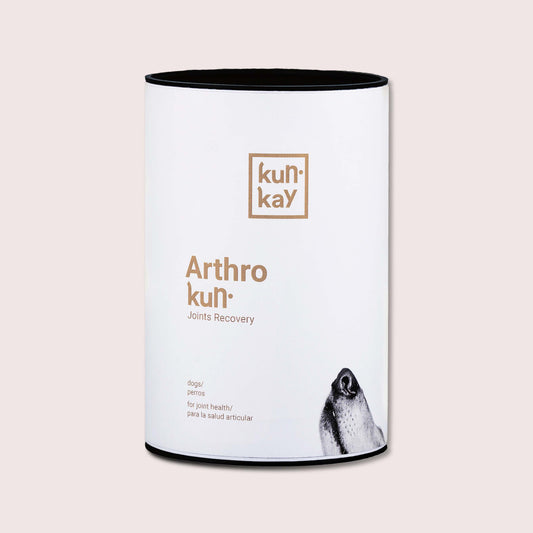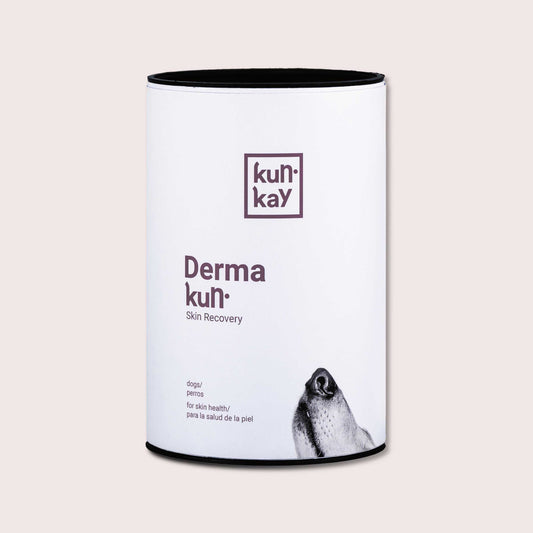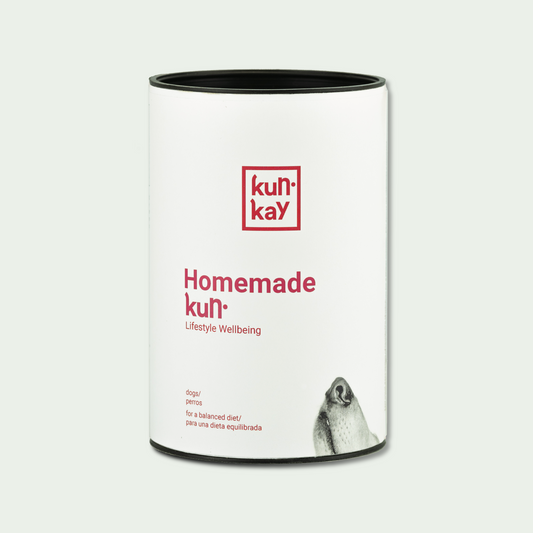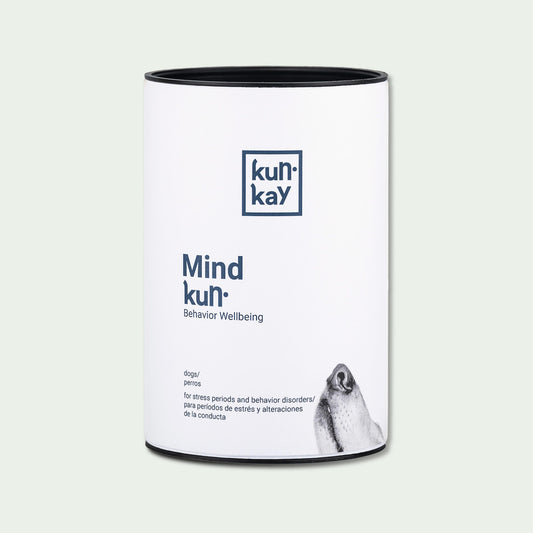My cat is stressed, why?

It is widely accepted that the causes of stress in cats are complex. Altered living conditions (a new home, stays in boarding facilities or holiday periods), temporary environmental changes (unexpected noises such as construction, storms, discordant music or even loneliness) or changes in daily routine (walking or feeding schedules) are just the beginning of a long list.
Stress responses to external stimuli become problematic when an individual cannot control the situation or escape the stressor. In these cases, where the physiological stress response is prolonged or chronic, negative effects appear on our cat at physiological, emotional, and behavioral levels.
- Physiological level: We observe rapid pulse, shallow breathing, salivation, tremors, diarrhea and/or vomiting. In short, the typical nervousness syndrome we all know.
- Emotional level: Anxiety appears, which is defined as an emotional response triggered before a stimulus or situation that the animal perceives as dangerous.
- Behavioral level: Animals begin to vocalize, have altered sleep, eating, and bathroom patterns, and show more aggressive behaviors.
At the physiological level, the central serotonergic system of cats is related to states of fear and anxiety and the capacity to respond to stress. Specifically, serotonin is associated with well-being and an elevated mood, as well as controlling most brain functions, such as sleep cycles. Dysfunction in the serotonergic system is associated with increased aggressiveness and less impulse control in cats.

The amino acid tryptophan (Trp) is metabolized in the brain along different pathways to synthesize serotonin and melatonin, promoting a feeling of calm and well-being and regulating sleep. Other dietary components, such as glucose and large neutral amino acids (LNAA), modulate the transport capacity of tryptophan to the brain, stimulating or decreasing, respectively, the synthesis of serotonin and melatonin.
Once in the central nervous system, vitamin B6 and omega-3 fatty acids catabolize the synthesis reactions of serotonin from 5-hydroxytryptophan (5-HTP) and melatonin synthesis from serotonin, respectively. Additionally, under stress conditions, tryptophan is degraded at the hepatic level, reducing the amount that reaches the brain. At Kunkay we have various supplements and vitamins for cats for every situation.
The nutraceutical Mindkun from the Behavior Wellbeing line treats stress and behavioral disorders, reducing their side effects as well.




